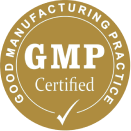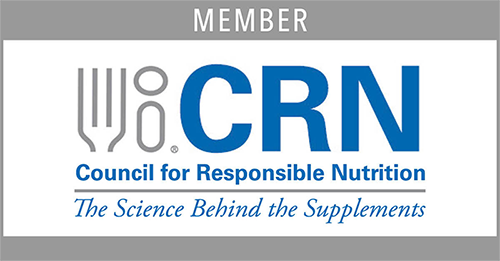What is It?*
Source Type: Fat-soluble vitamin
Source(s):
- Naturally found in plant foods (Vegetable oils, whole grains, green vegetables, almonds, sunflower seeds, soybeans)
- Fortified foods (breakfast cereals, margarine, juice)
- Chemically synthesized in labs
Vitamin E is a fat-soluble vitamin that plays an important role in the body as an antioxidant. Its antioxidant properties help protect cells from damage caused by free radicals. The body also needs vitamin E to boost its immune system. In addition, it helps to widen blood vessels and prevent blood clots. Vitamin E exists in several forms, with alpha-tocopherol being the most biologically active and commonly found in dietary supplements and fortified foods.
Benefits*
The antioxidant properties of vitamin E help to protect cells from damage caused by free radicals. Vitamin E is also involved in supporting a healthy immune system, as well as maintaining healthy skin and eyes. Vitamin E is also touted for reducing heart disease risk by preventing blood clots.
Effectiveness*
Vitamin E’s antioxidant properties have been found to be very effective in reducing markers of oxidative stress.
Vitamin E has been shown to be effective in enhancing the function of the immune system and reducing the risk of infections.
When it comes to eye disorders such as age-related macular degeneration and cataracts, the results of research on whether vitamin E can help prevent these conditions are inconsistent.
Some studies found that high doses of vitamin E combined with other antioxidants, zinc, and, copper showed promise in slowing the rate of vision loss. However, some studies did not show similar effects.
As for vitamin E and heart disease prevention, the results are mixed. Some studies link higher intakes of vitamin E from supplements to lower chances of developing heart disease. Yet, the best research finds no benefit.
Risks*
Vitamin E from dietary sources is not harmful and does not need to be limited. However, in supplement form, high doses of vitamin E can increase the risk of bleeding and can increase the risk of developing prostate cancer in men. Those taking blood thinning medications should talk with their physician before taking any supplement that contains Vitamin E.



